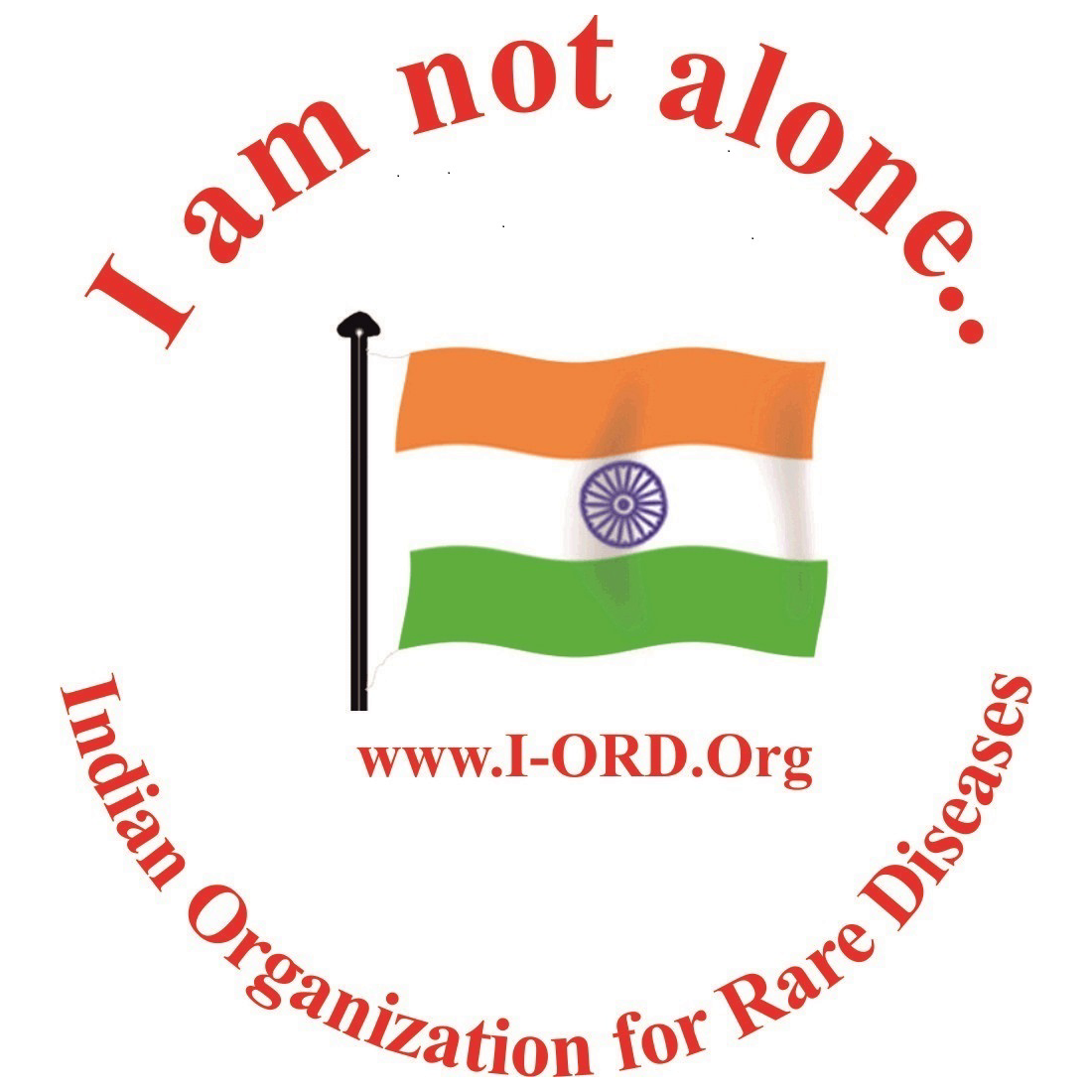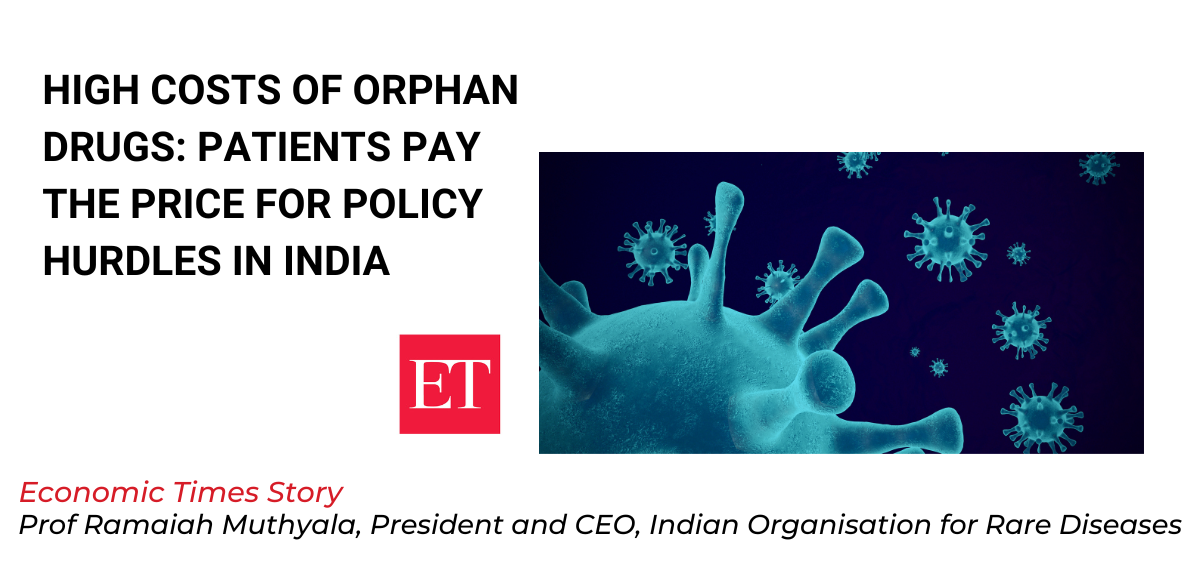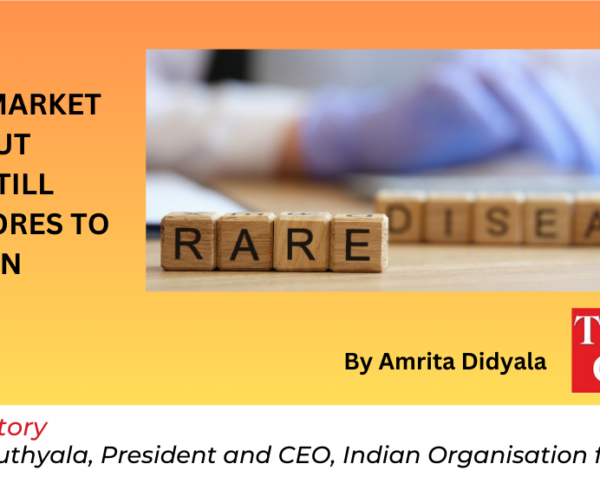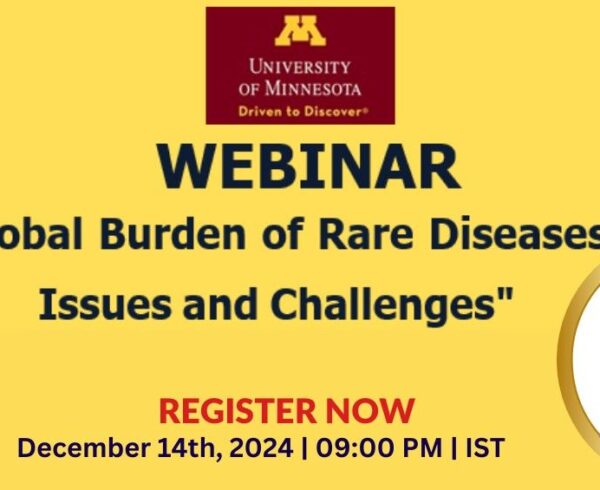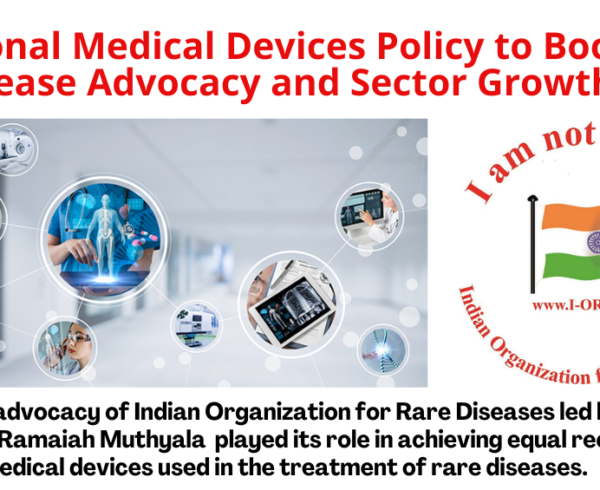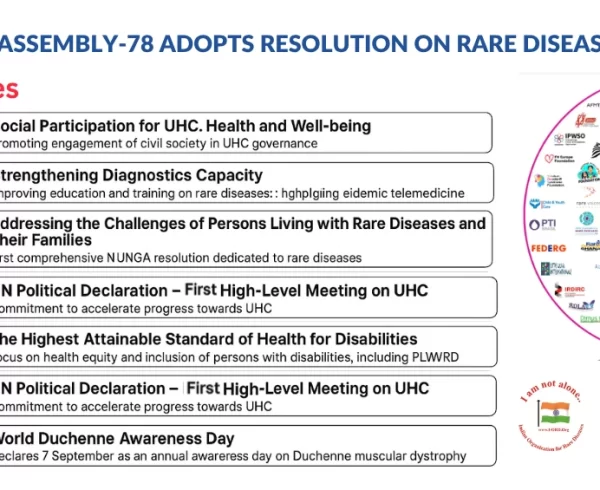The following excerpt is from an Economic Times news story dated June 24, 2024, discussing the policy hurdles affecting the unavailability of orphan drugs in India, featuring Prof. Ramaiah Muthyala, CEO & President of IORD.
India manufactures most of the key active pharmaceutical ingredients (APIs) for over 400 FDA-approved orphan drugs meant to treat rare diseases. Despite this, patients in India face exorbitant costs to access these medications. The primary reason is the reluctance of Indian pharma companies to develop these drugs domestically due to policy hurdles and lack of government support.
Orphan drugs, designed to treat rare medical conditions, are not profitable without government assistance because they target a small population of patients. Consequently, Indian manufacturers export the APIs to foreign companies, which then sell the finished drugs back to India at high prices.
For example, an annual dose of Trientine, used to treat Wilson’s disease, costs Rs 1.6 crore when imported, putting it out of reach for many patients. Similarly, the Eliglustat drug for Gaucher’s disease is priced at Rs 1.8 crore annually. These high costs make essential treatments inaccessible to patients.
According to the Lysosomal Storage Disorders Support Society, at least 20 patients in India have died in the past two years due to lack of access to necessary medicines for rare diseases like Pompe, Gaucher’s, and Wilson’s. The high cost of imported drugs exacerbates the situation.
High Import Costs and Manufacturing Challenges:
“Exported as powder, when the APIs are shipped back to India as a tablet, we need an import license. For that, we have to pay 10% of the cost of the drug along with the cost of the package. Also, since some drugs are unstable above room temperature, they have to be sent in a cold box. This further hikes the cost,” Ramaiah Muthyala, president of the Indian Organisation for Rare Diseases, told TOI. He noted that only a few of these 400 drugs are genuinely expensive, while most have inflated prices.
Encouraging Indian companies to manufacture these drugs domestically could significantly reduce prices. Industry experts believe that if generic drug manufacturers in India developed these drugs, they could be available for as little as Rs 20,000 to Rs 3 lakh.
However, local firms face significant challenges. There is no comprehensive database of patients to determine the demand for these drugs, and India lacks a proper marketing channel for them.
Regulatory Hurdles:
“Even though we have a ready product to treat Dravet Syndrome, which has brought down the cost to one-tenth of the US product, it’s a challenge to find patients,” Dr. Jagadeesh Rangisetty, CEO of Biophore Pharmaceuticals said. His company is one of the few Indian firms manufacturing orphan drugs. Currently, only about 12 such drugs are produced in India, with patients relying on foreign sellers for others.
Developing these drugs is also challenging due to regulatory hurdles. Dr. Rangisetty explained that his company faced a five-year battle to educate government agencies about their product, Cannabidiol, which contains ingredients found in marijuana. It took another 18 months to get clearances from the Drug Controller General of India (DCGI).
Cumbersome Process:
“In the absence of a patient database, we usually get in touch with the handful of distributors who procure the drugs approved for marketing in India. But this takes at least a few weeks,” Dr. Ashwin Dalal, nodal officer for rare diseases at the Centre of Excellence (CoE) in Hyderabad, said. There are 12 such CoEs across India. The process is even more cumbersome when hospitals need to import a drug not approved for marketing in India but can be procured for a specific patient. “This delay can be fatal for patients,” added Muthyala.
The high cost of orphan drugs in India highlights the need for policy changes and government support to encourage domestic manufacturing. Without these changes, patients will continue to suffer from the financial burden and lack of access to essential medications. Developing a comprehensive patient database, streamlining regulatory processes, and providing incentives for R&D could make life-saving treatments more accessible and affordable for those in need.
Source: Economic Times
